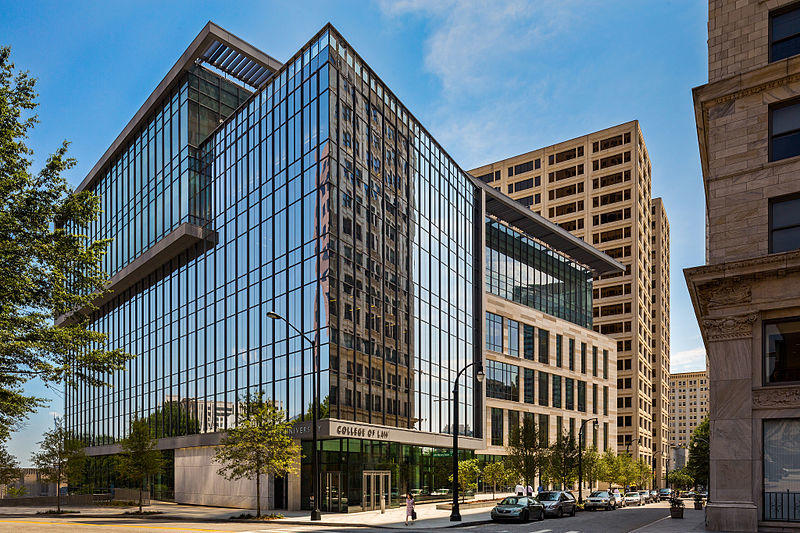Section Branding
Header Content
How Georgia State University Became A Beacon Of Change For Higher Education Everywhere
Primary Content
For the last five years, Georgia State University has awarded more bachelor's degrees to African-Americans than any other nonprofit college or university in the country. Serving more than 30,000 students — GSU became the state's largest university in 2015, when it merged with Georgia Perimeter College — the university has also brought up its graduation rate by more than 20 percent since 2003. So how did GSU get to be a paragon of personalizing education for all students? On Second Thought host Virginia Prescott speaks with Chris Almond, Keandris Cousin and Lindsay Page.
We spoke with GSU academic adviser Chris Almond and his former advisee Keandris Cousin to find out. They met when Cousin, a first-generation college graduate, was struggling to find a way to finance her last semester of school, all while balancing five classes, three part-time jobs and two internships. Cousin is now a manager with Delta Airlines in Atlanta. Lindsay Page, an assistant professor at the University of Pittsburgh School of Education, also joined to explain how an artificially intelligent chatbot helped curb a phenomenon called "summer melt."


